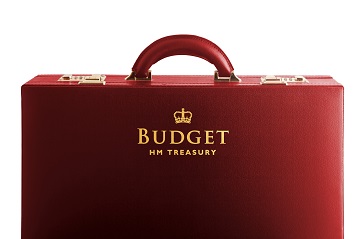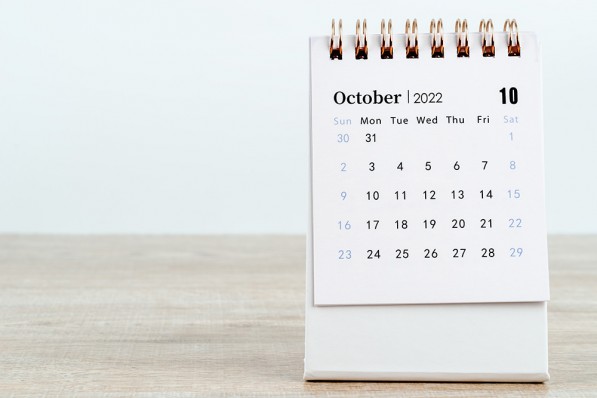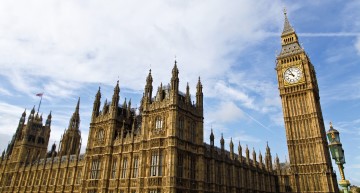budget commentary 2020.
11th March 2020

“Get it done!”
Rishi Sunak has delivered his first Budget as Chancellor of the Exchequer, pledging a £30bn package to help the UK economy respond to coronavirus and investment in the future; announcing investments in the roads, railways, digital networks and public services. For individuals, there were no significant tax changes to report but set out below are some of the main points of note.
Tax rates and allowances
There were no changes announced to income tax allowances with the personal tax allowance remaining at £12,500.
In England, Wales and Northern Ireland; the basic rate band (20%) will apply to earnings between the allowance and £37,500, higher rate (40%) on earnings from £37,501 to £150,000 and 45% thereafter.
In Scotland, the starter rate of 19% applies from the personal allowance up to £2,049, 20% on earnings from £2,050 to £12,444, 21% from £12,445 to £30,930, 41% from £30,931 to £150,000 and 46% thereafter.
The Budget confirmed the government’s commitment to increase the thresholds at which employees and the self-employed start paying National Insurance contributions by increasing the starting thresholds to £9,500 (previously £8,632). The aim is to eventually equalise this threshold to the tax personal allowance of £12,500 which would save a typical employee over £450 per year.
Pensions and savings tax
The pensions annual allowance (AA) is the maximum amount of tax-relieved pension savings that can be accrued in a year. For those on the highest incomes, the annual allowance tapers down from £40,000. Due to the impact this has on consultants and doctors in the NHS, as well as on public service delivery more widely, the HM Treasury has recently carried out a review.
Consequently, from 6 April 2020, the threshold income has been increased by £90,000 from £110,000 to £200,000 and therefore, the annual allowance will only begin to taper down for individuals who also have an adjusted income above £240,000. However, the sting in the tail is that it is accompanied by a fall in the tapered annual allowance from £10,000 to £4,000 – although this reduction will only affect individuals with total income (including pension accrual) over £300,000.
The lifetime allowance, the maximum amount someone can accrue in a registered pension scheme in a tax-efficient manner over their lifetime, will increase in line with CPI for 2020/21, rising from £1,055,000 to £1,073,100.
ISAs
The ISA allowance subscription limit for 2020/21 will remain unchanged at £20,000 but the annual subscription limit for Junior ISAs and Child Trust Funds will be increased from £4,368 to £9,000 from 6 April 2020.
Links to websites external to those of Wealth at Work Limited (also referred to here as 'we', 'us', 'our' 'ours') will usually contain some content that is not written by us and over which we have no authority and which we do not endorse. Therefore please be aware that we do not accept responsibility for the content of any third party site(s) except content that is specifically attributed to us or our employees and where we are the authors of such content. Further, we accept no responsibility for any malicious codes (or their consequences) of external sites. Nor do we endorse any organisation or publication to which we link and make no representations about them.



